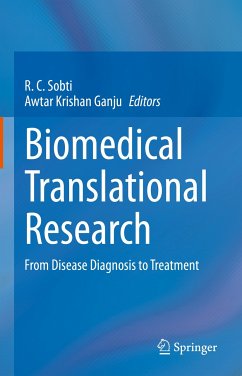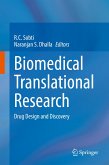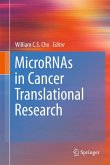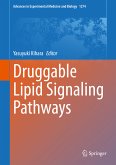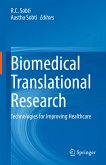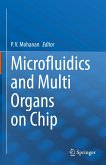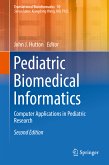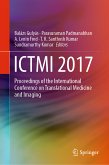The second volume of the Biomedical translational research discusses advancements in biomedical research for understanding the pathophysiology of various diseases towards improving diagnosis and treatment. It presents the integration of molecular-based technologies, clinical genomics, and medical informatics to improve diagnostic and treatment strategies. Further, the book reviews molecular genomics approaches for diagnosis and managing tuberculosis. It also covers the innovative strategies for cancer treatment through targeting metabolic pathways, tumor microenvironment, cancer stem cells, and immune cells. It also illuminates novel strategies for heart failure diagnosis and therapeutic approaches for the treatment of heart failure. It discusses improvements in translational research for discovery of new diagnostic tests, identifying novel biomarkers and drugable targets, and predicting optimal treatments based on understanding the underlying molecular basis of the disease. Lastly, it reviews the preclinical models of restenosis and their application and limitation in the evaluation of device-based interventional technologies for the treatment of coronary artery diseases.
Dieser Download kann aus rechtlichen Gründen nur mit Rechnungsadresse in A, B, BG, CY, CZ, D, DK, EW, E, FIN, F, GR, HR, H, IRL, I, LT, L, LR, M, NL, PL, P, R, S, SLO, SK ausgeliefert werden.

